Attitudes about Ethnic Studies among Parents in the USA
The purpose of the research is to determine what people know about Ethnic Studies and Liberated Ethnic Studies and to what extent they think the two disciplines are appropriate to be taught to K-12 students.
These are the findings of a THINC Foundation survey, conducted by a leading U.S. research company, among n=1,463 parents of children ages 0 to 17 in the U.S. The survey was conducted between November 11-18, 2024.
Ethnic Studies
Slightly over half of parents (54%) claim to be familiar with Ethnic Studies, and seven in ten (70%) support the idea.
Familiarity
How familiar are you with Ethnic Studies, a nonpolitical framework that teaches students about various ethnic groups and cultures which comprise American society, including their struggles and contributions to our country?
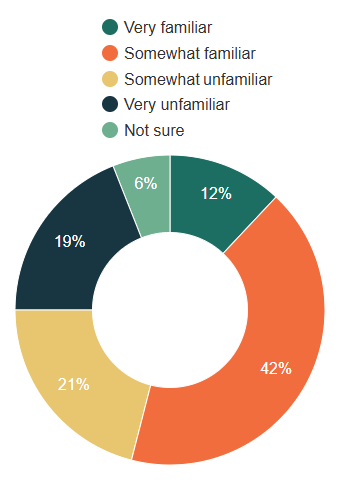
Level of Support
How much do you support or oppose the teaching of Ethnic Studies in school?
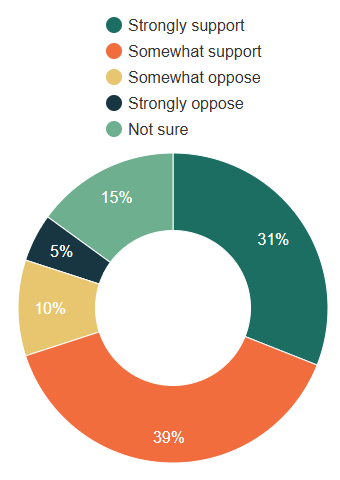
Liberated Ethnic Studies
Just one in three parents (35%) claim to be familiar with Liberated Ethnic Studies, and four in ten (40%) support the idea.
One in four US parents (24%) are unsure whether Liberated Ethnic Studies are worth supporting.
Familiarity
How familiar are you with Liberated Ethnic Studies, an explicitly political framework that excludes the histories of ethnic groups deemed to be white and encourages students to participate in social justice activism and to “engage in acts of resistance.”
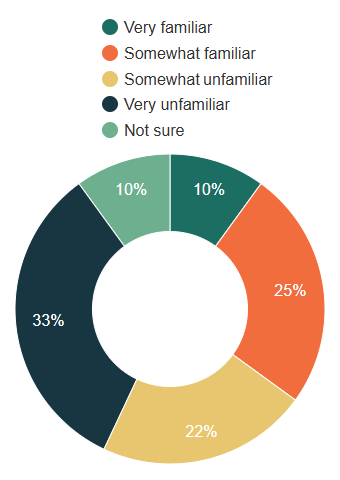
Level of Support
Do you support or oppose the teaching of Liberated Ethnic Studies in school?
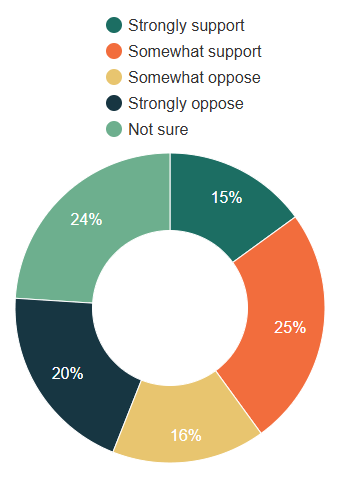
Support for Dr. Martin Luther King’s “I have a Dream”
Support for Dr. King’s famous hope for a nation where people are judged on character instead of skin color is nearly universal among parents.
Level of Support
How much do you support or oppose Martin Luther King Jr.'s famous quote ''I have a dream that my four little children will one day live in a nation where they will not be judged by the color of their skin but by the content of their character.''
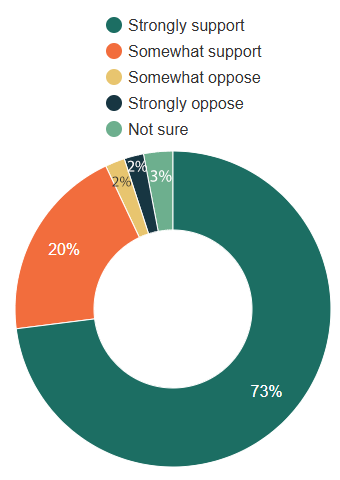
Support for 'Colorblind' Society
Eight in ten American parents think the idea of a colorblind society is important.
Importance
In this next question, we are going to ask you about a “colorblind society”. By “colorblind society” we mean one that primarily takes into consideration a person’s actions and character, rather than their race or ethnicity. How important is it to you that children be taught the value of a “colorblind” society?
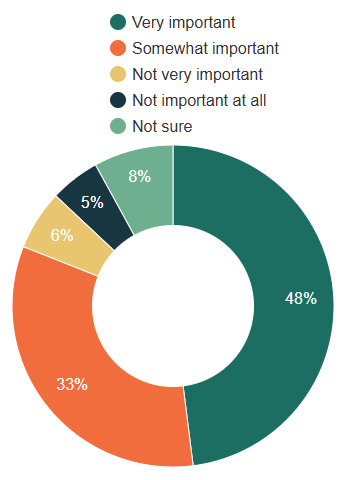
Trust in Educational Professionals
US parents trust the educational professionals working at their children’s schools much more than external actors or regulators.
On the other hand, only one in five parents trust their local or state politicians. Trust in school board members, who typically reside in the community, fare just a little bit better, being trusted by about one in four parents.

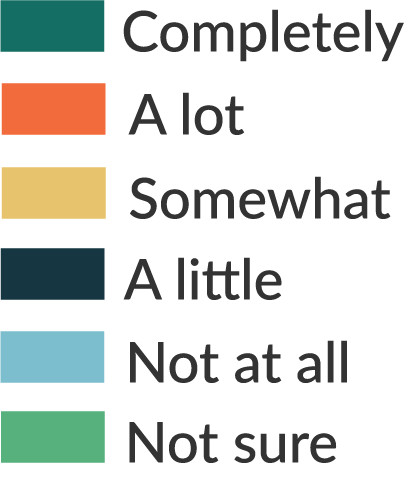
Teachers

School Principal
School administrators
Educational scholars
Educational unions
Members of the school board
Local or state politicians
Important Priorities in Education
Nine in ten parents want to see their schools’ curricula made public. They also want their children to be taught about the major ethnic groups who have shaped American history and about a concept of diversity that goes beyond identity.
Fewer than one in three parents think it is acceptable for teachers to share their personal politics with their students.

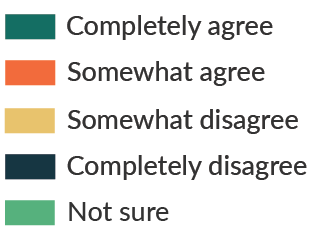
It is important for my school district’s K-12 curriculum to be publicly available.

It is important for students to learn about the history and contributions of America’s major ethnic groups - including instances of prejudice against those groups.
(…) students should learn the value of diversity of thought, specifically differences of opinion and values, alongside racial, ethnic, geographic, and other factors.
It is acceptable for teachers to share their personal political views with their students.








